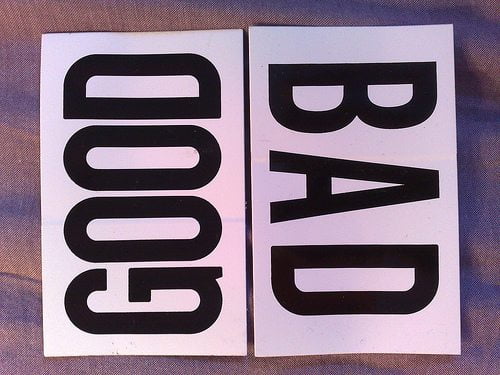

Economy
‘Saints or sinners’ of ethical investing is out of date thinking
It has been the vogue in the financial press to focus on the concept that investing can be neatly divided between the ethical and the unethical. This bipolar thinking ill serves the debate, and inhibits rather than helps investor understanding.
Politics has often been seen as a battle between left and right, but has long ignored the authoritarian and libertarian instincts of people, both left and right. The left and right wing dichotomy may have served the cold war reality of a nearly divided 1980s world, but it doesn’t aid understanding in our multi-polar and fragmented modern age.
Political science is far more nuanced than that. Limiting your thinking with the bounded rationality of outdated concepts and ideology makes you understand the world less, not more.
The same is true of socially responsible investing. Investment is not neatly divided between the ethical and unethical. There is a continuum from the most ethical to the least.
Similarly, the division between ethical and unethical doesn’t aid understanding of excluding stocks because of your beliefs or values which are as varied as there are people (ethical investing), and investing in innovative, fast-growth companies that are developing solutions to the world’s most intractable problems (sustainable investing).
Some people want to primarily address climate change, resource scarcity and pollution (environmental investing); some are more concerned with population growth and societal wellbeing (social investing); some still want to help the developing world (impact investing). Meanwhile, some see giving as part of their portfolio, certainly for the tax advantages it bestows, and others because it is the right thing to do (philanthropy and giving).
All the terms overlap, have common objectives and divergent ones. Some directly contradict each other.
All this demonstrates that those dividing the sector into ethical and unethical boxes have missed the point by a country mile. Rather than looking at the positive future that all of the above are striving to create, they are perpetuating the sterile arguments of the 1980s, rather than the diverse and vibrant ecosystem of modern SRI.
The vast majority of people are moral beings who are profoundly socially responsible in normal walks of life. It is just harder to make a connection between what you invest in and who you bank with and the world we live in.
It is far easier to buy Fairtrade products and recycle, which are tangible activities. This explains the discrepancy between those who shop sustainably and those who invest sustainably.
“It’s all a bit complicated” – the default position – is a call for inertia and business as usual. Investors and their children need a more optimistic and nuanced analysis than this.
We trust that our readers have the intelligence to make informed choices, even in the face of complexity and contradiction, if given accurate and up to date information.
The smartest investors are responsible investors who are learning about this fast growth sector today.
Further reading:
Survey: environmental issues concern ethical investors the most
Ethical investment: better a diamond with a flaw, than a pebble without
There is such a thing as an unethical investment
Ethical investors are not tree huggers, but air breathers (and responsible global citizens)


 Environment12 months ago
Environment12 months agoAre Polymer Banknotes: an Eco-Friendly Trend or a Groundswell?

 Features11 months ago
Features11 months agoEco-Friendly Cryptocurrencies: Sustainable Investment Choices

 Features12 months ago
Features12 months agoEco-Friendly Crypto Traders Must Find the Right Exchange

 Energy11 months ago
Energy11 months agoThe Growing Role of Solar Panels in Ireland’s Energy Future





























